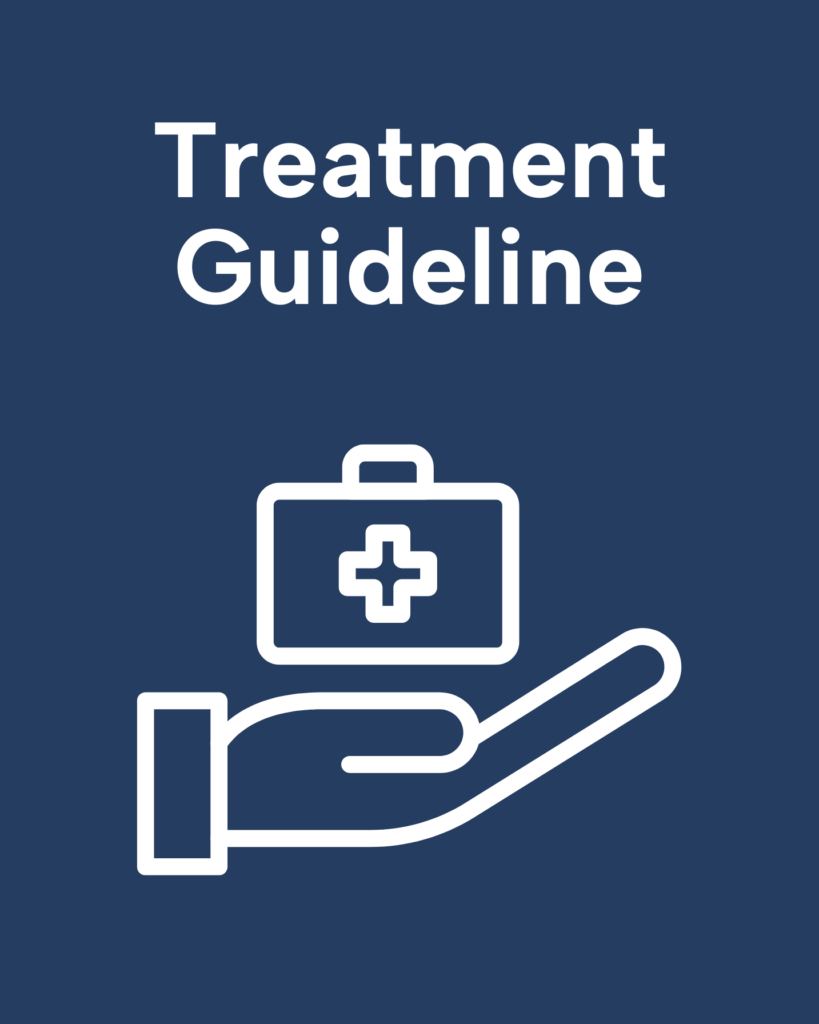Psychological therapies for chronic post-traumatic stress disorder (PTSD) in adults
This review draws together up-to-date evidence from 70 studies and shows continued support for the efficacy of trauma-focused CBT and EMDR in the treatment of chronic PTSD in adults.
Article Abstract
“Background: Post-traumatic stress disorder (PTSD) can occur following a traumatic event. It is characterised by symptoms of re-experiencing the trauma (in the form of nightmares, flashbacks and distressing thoughts), avoiding reminders of the traumatic event, negative alterations in thoughts and mood, and symptoms of hyper-arousal (feeling on edge, being easily startled, feeling angry, having difficulties sleeping, and problems concentrating).
Previous reviews have supported the use of individual trauma-focused cognitive behavioural therapy (TFCBT) and eye movement desensitisation and reprocessing (EMDR) in the treatment of PTSD. TFCBT is a variant of cognitive behavioural therapy (CBT), which includes a number of techniques to help a person overcome a traumatic event. It is a combination of cognitive therapy aimed at changing the way a person thinks, and behavioural therapy, which aims to change the way a person acts. TFCBT helps an individual come to terms with a trauma through exposure to memories of the event. EMDR is a psychological therapy, which aims to help a person reprocess their memories of a traumatic event. The therapy involves bringing distressing trauma-related images, beliefs, and bodily sensations to mind, whilst the therapist guides eye movements from side to side. More positive views of the trauma memories are identified, with the aim of replacing the ones that are causing problems.
TFCBT and EMDR are currently recommended as the treatments of choice by guidelines such as those published by the United Kingdom’s National Institute of Health and Clinical Excellence (NICE).
Study characteristics: This review draws together up-to-date evidence from 70 studies including a total of 4761 people.
Key findings: There is continued support for the efficacy of individual TFCBT, EMDR, non-TFCBT and group TFCBT in the treatment of chronic PTSD in adults. Other non-trauma-focused psychological therapies did not reduce PTSD symptoms as significantly. There was evidence that individual TFCBT, EMDR and non-TFCBT are equally effective immediately post-treatment in the treatment of PTSD. There was some evidence that TFCBT and EMDR are superior to non-TFCBT between one to four months following treatment, and also that individual TFCBT, EMDR and non-TFCBT are more effective than other therapies. No specific conflicts of interest were identified.”
—Description from publisher
Article Access
Open Access
Bisson, J. I., Roberts, N. P., Andrew, M., Cooper, R., & Lewis, C. (2013). Psychological therapies for chronic post-traumatic stress disorder (PTSD) in adults. Cochrane Database of Systematic Reviews, Issue 12, Article no CD003388. https://doi.org/10.1002/14651858.CD003388.pub4
About the Publisher
“Cochrane is an international network with headquarters in the UK, a registered not-for-profit organization, and a member of the UK National Council for Voluntary Organizations. Cochrane is for anyone interested in using high-quality information to make health decisions. Whether you are a clinician, patient or carer, researcher, or policy-maker, Cochrane evidence provides a powerful tool to enhance your healthcare knowledge and decision-making. Cochrane’s members and supporters come from more than 190 countries, worldwide. We are researchers, health professionals, patients, carers, and people passionate about improving health outcomes for everyone, everywhere. Our global independent network gathers and summarizes the best evidence from research to help you make informed choices about treatment and we have been doing this for 30 years. We do not accept commercial or conflicted funding. This is vital for us to generate authoritative and reliable information, working freely, unconstrained by commercial and financial interests.”
—Description from source
Date
December 13, 2013
Creator(s)
Jonathan I. Bisson, Neil P. Roberts, Martin Andrew
Contributor(s)
Rosalind Cooper, Catrin Lewis
Topics
Complex Trauma/C-PTSD, PTSD
Practice & Methods
Efficacy
Extent
167 pages
Publisher
Cochrane
Rights
Copyright © 2015 The Cochrane Collaboration. Published by John Wiley & Sons, Ltd.
APA Citation
Bisson, J. I., Roberts, N. P., Andrew, M., Cooper, R., & Lewis, C. (2013). Psychological therapies for chronic post-traumatic stress disorder (PTSD) in adults. Cochrane Database of Systematic Reviews, Issue 12, Article no CD003388. https://doi.org/10.1002/14651858.CD003388.pub4
Audience
EMDR Therapists, Other Mental Health Professionals
Language
English
Content Type
Article, Meta-analyses/Systematic Reviews, Peer-Reviewed, Treatment Guideline
Access Type
External Resource, Open Access




